Description
In the post-Cold War era, there is a serious rethinking on the concept of the security. Nations have started putting greater emphasis on the multi-dimensional character of security. There is a sharp transformation of the concept from a narrow state centric approach to a comprehensive security paradigm, based on the nation of human security. Thus, the importance of non-military and diplomatic methods in tackling security problem has increased. Problems of internal security including armed separatist movement and domestic ethnic strife, destructive consequences of drug trafficking particularly in developing countries have altered the security environment. The issues like social conflicts, food scarcity, underdevelopment, deprivation, poverty, civil war, climate change, energy crisis, non-participatory governance, etc have become major challenges to human security. The rate of financial growth is overcrowding the planet, adding to the enormous pressures of the diminishing non-renewable resources. This growth, at the root of much of global poverty, international migration and environmental degradation are unprecedented. This does not mean to suggest that the traditional security threats have become irrelevant. But the non-traditional security concerns have gained much prominence in the present context.
This book focuses upon a number of non-traditional security issues that the South Asian countries are facing with such as, governance, ethnicity, problem of refugees, migrations, gender, food scarcity, health hazards, environment, energy and external factors. The book tries to find out the role of SAARC in this regard and focus to bring out a regional approach to security in South Asia. It is hoped that the book will be useful to the students, academicians of South Asian affairs and for the concerned policy makers.


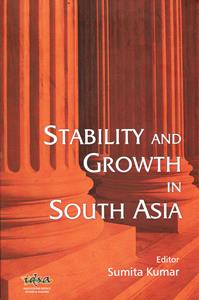

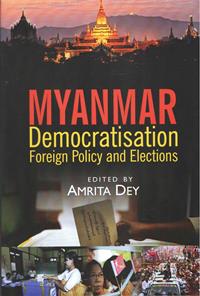
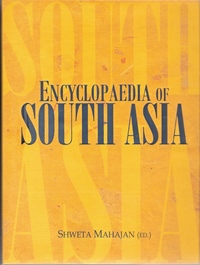
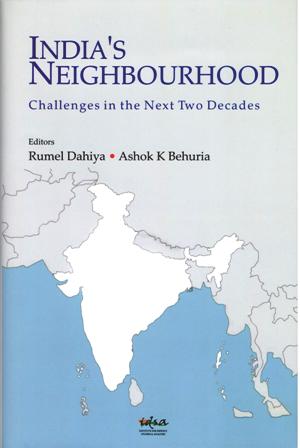
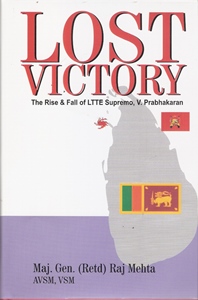
Reviews
There are no reviews yet.